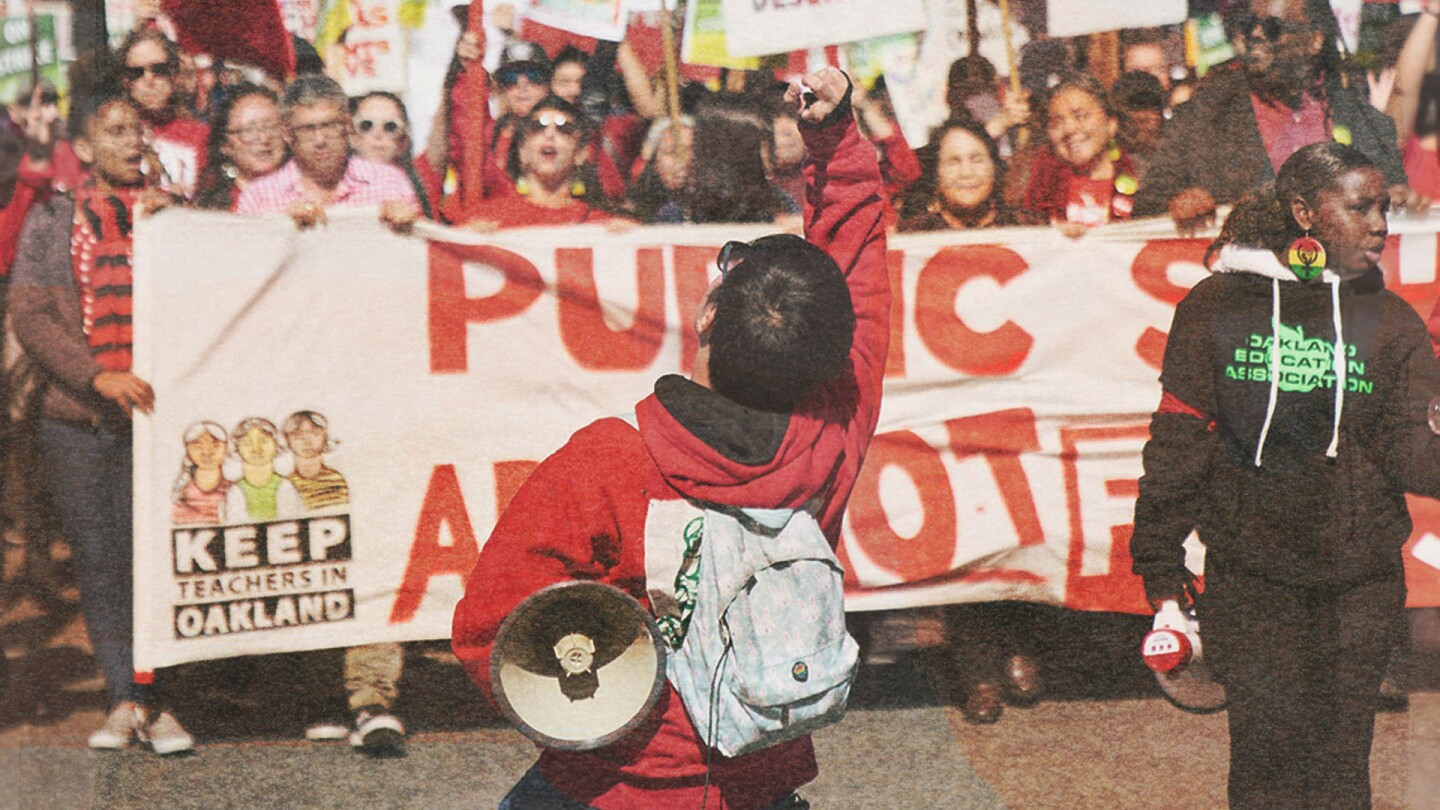The Informal Economy
From the beginning of our nation’s history our laws, institutions and social norms have contributed to the creation of a segmented or dual economy. Many people — including people of color, women and immigrants — were excluded from the benefits of society, forcing them to find alternative ways to make a living in a parallel economy. Women stayed home or found employment as domestic workers and cooks, immigrants created ethnic enclaves and opened small businesses to meet each other’s needs, African Americans moved north in search of opportunities, and Native People struggled to survive on reservations.
Today, this informal sector is expanding, becoming more prevalent and permeating every aspect of our economic life. As economists and politicians grapple to fully understand the nature, growth and prevalence of the informal and “gig economy,” pathways of economic entry to those who have been denied access becomes imperative to the health, growth and well-being of our communities.
"The Informal Economy" follows four California workers facing structural discrimination but fighting to change policy and improve upward mobility for their communities. We follow the lives of a street vendor in Boyle Heights, a truck driver in Long Beach, a farm-working family in Coachella and an organizer in Oakland fighting for jobs for formerly incarcerated people.
















